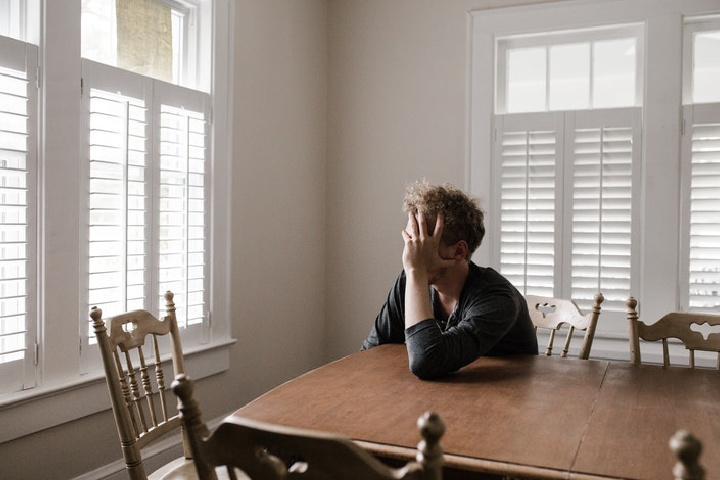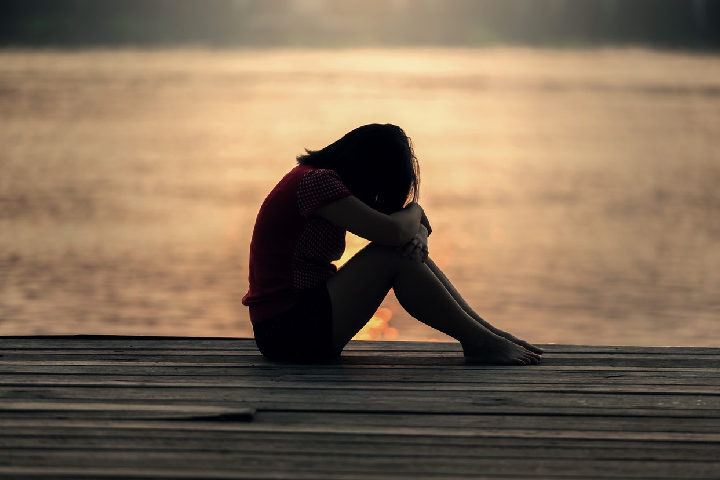Depression: Some parts may increase the risk of suffering depression after the coronavirus. Still, the feeling of misunderstanding others can play, especially against people from the most vulnerable groups.
The psychological consequences of the experienced pandemic Covid-19 have emotionally affected very different groups and for very different reasons.
From people who have been and have felt alone, to those who have been deprived of their economic resources or work; going through the groups that are already vulnerable, such as the elderly, with serious mental problems, up to those who lived in a previous precarious condition or have suffered the loss of family members.
In all of them, depression has been and will be one of the most widespread responses. The reason can be found in the social confluence of two factors and movements inherent to depression.
Table of Contents
1. The feeling of Not Being Understood by Others
During this pandemic, we may have felt, in one way or another, that the ordinances and restrictions did not take into account our particularity, the specific needs we had, or the sacrifice we have made.

For example, we may not feel understood if we have been confined to ourselves; for having been fired with an ERTO that dislocates and disconcerting, for having to deal with teleworking and children at home, for having to see how the elderly have been so strongly undervalued or for not having been able to fire family members as we would have wanted.
Not feeling understood by the world, my life, represented in those around us, plays against emotional health. The exterior, in some cases, may have been experienced as unfair and destructive. The other does not love me or loves me badly.
2. Reproaches to Ourselves
This gigantic shadow that we have placed outside can reverse and fall on us. Thus, immediately – and if not at the same time – other series of objections can be produced from another part of our ego and, in this case, directed towards ourselves:
How can you be so selfish? What a bad person! Was that still what you deserved? How little consistency your life had! What have you dedicated your time to? How are they going to love you! Who is going to give you a job now at your age? How come you haven’t rebelled against that situation? You are a coward! ”
This long list of recriminations can lead us to a single conclusion: to feel that we are a human waste unable to get ahead. These monologues, which go from one face of incomprehension to the other of constant disapproval, can worsen as time goes by, leaving a remnant of sadness in the background.
3. It’s Time to Take Care of Our Mental Health
We would have to take into account a few things in this context of COVID-19:
The confrontation we feel is with an objective party that has not depended on anyone. It is a real entity, the coronavirus, unknown, and with a great contagion force.
It came into our lives in unexpected ways. To this panorama, we must add that humans have to put a face and eyes on the traumatic and unknown.

We have drawn a character who has not treated us well. If we put these two characteristics together, we find that the guilty of everything that has happened have been others (the government, bosses, family, couple ) who have not considered a whole series of things that were important to each one.
4. We Have Felt Like Puppets in the Hands of Others
But the truth is that any crisis only exacerbates what was already there. For example, if a company works in a certain way, it will only follow the same line at critical moments.
- If we have accepted a state of affairs before, either out of comfort, either by disinterest, by habit, or by not facing new challenges, that part that was objective previously confronts us with the responsibility of reviewing our approaches.
- Hence the objections (towards others and ourselves), although we have to confuse this with what has been derived from states of emergency.
- Much will depend on us making a quick and good approach to all these feelings to ensure that this state does not become encyst and produce a depressive aggravation or certification.

